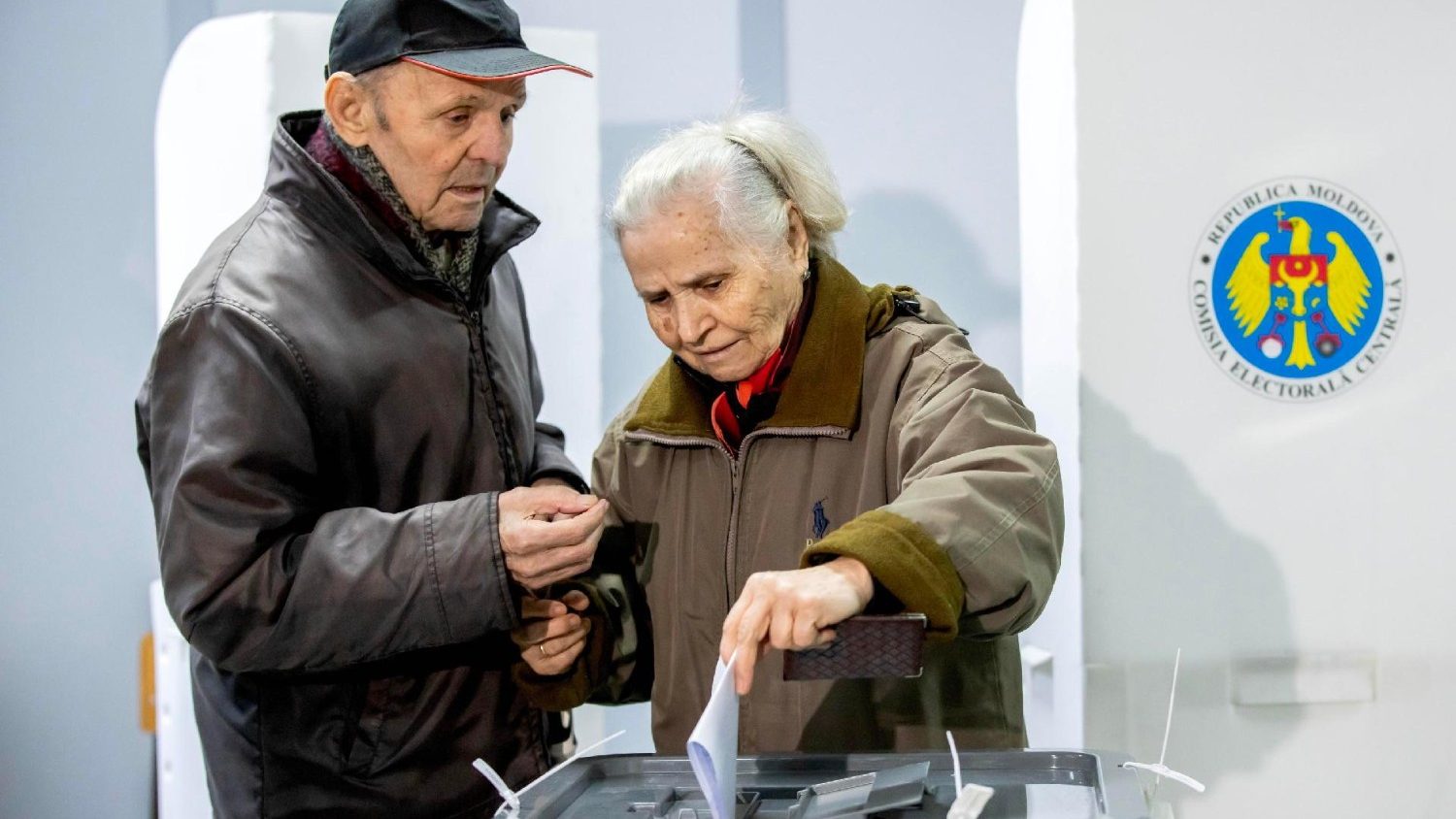In a tightly contested referendum, the people of Moldova support proposed constitutional changes and the commitment to join the EU.
By Francesca Merlo
At a significant moment for Moldova, the country voted in favour of joining the European Union. The marginal vote, with 50.2% of voters supporting EU membership was largely influenced by Moldovans living abroad, who played a crucial role in tipping the scales by fewer than 6,000 votes. As a result, Moldova’s Constitution will be amended to reflect its aspiration for EU accession, a journey that is expected to take several years.
A nation at a crossroads
Moldova, one of Europe’s poorest nations, has taken steps towards European integration this year after being granted EU candidate status alongside Ukraine in 2022. President Maia Sandu’s government is focused on crucial reforms, including overhauling the judiciary and strengthening the economy, with the goal of achieving EU membership by 2030. However, the unexpectedly narrow referendum outcome underscores the challenges she faces in steering Moldova closer to Western countries within the Union.
Accusations of interference
President Sandu has accused Russia of interfering in the referendum process, asserting that “criminal groups” backed by foreign powers attempted to undermine the electoral integrity through disinformation and bribery. She claimed that approximately 300,000 voters were allegedly paid to vote against EU membership. The Kremlin has dismissed these allegations, and its, spokesperson Dmitry Peskov, has asked for Sandu to provide concrete evidence.
In the presidential election, President Sandu obtained 42% of the vote, positioning her to face pro-Russian candidate Alexandr Stoianoglo in an upcoming runoff. Stoianoglo, a former prosecutor, received 26% of the vote.
Concerns over electoral integrity
Despite a voter turnout of 51.5%, the electoral process has been accused of being irregular, including accusations of vote-buying and tampered ballots. In the days leading up to the election, hundreds of people were arrested in connection with an extensive corruption network, with fugitive oligarch Ilan Shor accused of funnelling millions of euros to sway the vote against EU accession.
Moldova is facing significant challenges at the moment, including external pressures from Russia, the presence of troops in the breakaway region of Transnistria, and the ongoing conflict in neighbouring Ukraine. However, this referendum represents a pivotal step for the future of the country.
